Gao Xingjian is the only Chinese author to have been awarded the Nobel Prize for Literature. He was born on January 4, 1940 in the town of Ganzhou in Jiangxi province. His father was a banker and his mother was an amateur actress who instilled a love for theater and a passion for writing in him.
He graduated in 1962 from Beijing University's foreign language department with a degree in French.
But after Chinese president Mao launched the Cultural Revolution in 1966 to spread Marxism and Leninism, Xingjian was forced to undergo the so-called “re-educational” process. He was sentenced to five years of labor in the countryside.
Only after Mao’s death did Xingjian begin to publish critical works and short stories. By then, he was 38. His work focused on the vulnerability of the individual, often presenting him as the victim of crushing social conventions. Xingjian’s writings united traditional Chinese themes with the experimentalism of Western narrative.
During this period he also began to visit France and Italy for the first time.
In 1981, he became a playwright at the People’s Art Theater in Beijing. He had several works performed, including Signal Alarm and Bus Stop, an allegory about social stagnation in China during the Cultural Revolution. Xingjian’s style echoed the Theater of the Absurd championed by Samuel Beckett and Eugène Ionesco, but set within the context of Chinese society and politics.
In 1986, Chinese authorities censored Xingjian’s play The Other Shore. From then on, performances of his works were forbidden.
To escape the oppressive and threatening atmosphere, Xingjian took a 10-month-long sojourn along the Yangtze River. The sabbatical led to his masterpiece Soul Mountain, which narrates a fictitious journey through the mountains of southwestern China. The book blended a vast array of geographical, botanical and anthropological detail together with elements of autobiography and the adventure novel.
In 1987, Xingjian decided to settle in Paris, where he received political asylum.
After the Chinese government suppressed the Tiananmen Square protests in 1989, he wrote the play Escape, which provoked Beijing's ire and made him even more unwelcome in his homeland. His books were barred from publication and distribution.
In 1998, he wrote One Man’s Bible, a novel about a young writer set during the inception of the People’s Republic of China.
In addition to being a novelist, critic, translator, playwright and director, Xingjian is also a painter. His artwork has been exhibited throughout the world.
In 2000, he won the Nobel Prize for Literature.
He graduated in 1962 from Beijing University's foreign language department with a degree in French.
But after Chinese president Mao launched the Cultural Revolution in 1966 to spread Marxism and Leninism, Xingjian was forced to undergo the so-called “re-educational” process. He was sentenced to five years of labor in the countryside.
Only after Mao’s death did Xingjian begin to publish critical works and short stories. By then, he was 38. His work focused on the vulnerability of the individual, often presenting him as the victim of crushing social conventions. Xingjian’s writings united traditional Chinese themes with the experimentalism of Western narrative.
During this period he also began to visit France and Italy for the first time.
In 1981, he became a playwright at the People’s Art Theater in Beijing. He had several works performed, including Signal Alarm and Bus Stop, an allegory about social stagnation in China during the Cultural Revolution. Xingjian’s style echoed the Theater of the Absurd championed by Samuel Beckett and Eugène Ionesco, but set within the context of Chinese society and politics.
In 1986, Chinese authorities censored Xingjian’s play The Other Shore. From then on, performances of his works were forbidden.
To escape the oppressive and threatening atmosphere, Xingjian took a 10-month-long sojourn along the Yangtze River. The sabbatical led to his masterpiece Soul Mountain, which narrates a fictitious journey through the mountains of southwestern China. The book blended a vast array of geographical, botanical and anthropological detail together with elements of autobiography and the adventure novel.
In 1987, Xingjian decided to settle in Paris, where he received political asylum.
After the Chinese government suppressed the Tiananmen Square protests in 1989, he wrote the play Escape, which provoked Beijing's ire and made him even more unwelcome in his homeland. His books were barred from publication and distribution.
In 1998, he wrote One Man’s Bible, a novel about a young writer set during the inception of the People’s Republic of China.
In addition to being a novelist, critic, translator, playwright and director, Xingjian is also a painter. His artwork has been exhibited throughout the world.
In 2000, he won the Nobel Prize for Literature.
RELATED
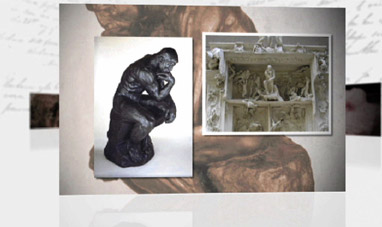

AUGUSTE RODIN
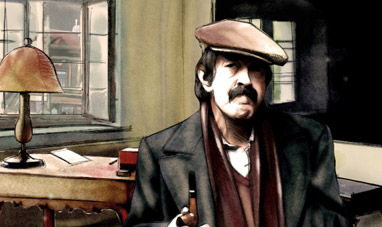

GÜNTER GRASS
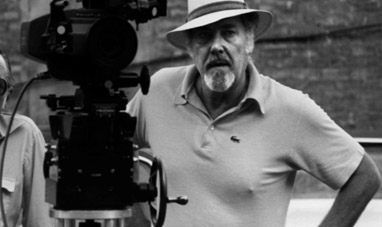

ROBERT ALTMAN
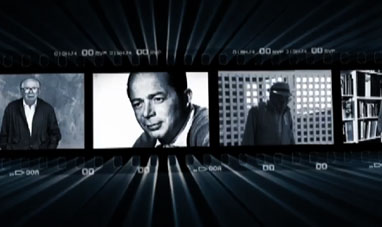

BILLY WILDER
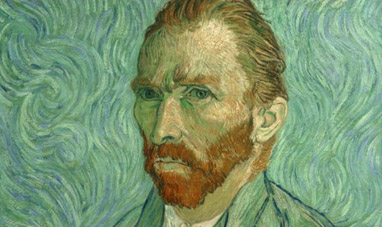

VINCENT VAN GOGH
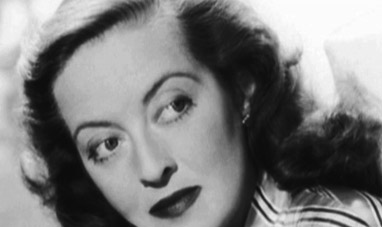

BETTE DAVIS
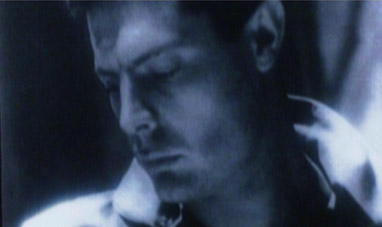

MARCELLO MASTROIANNI
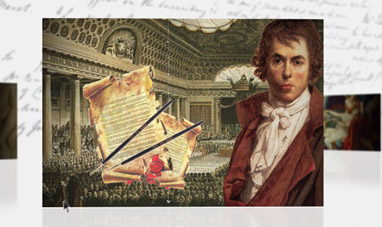

JACQUES LOUIS DAVID
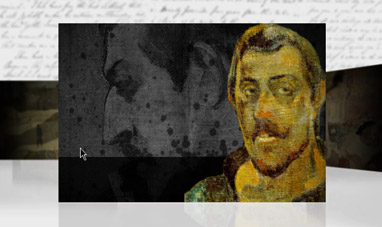

PAUL GAUGUIN


GIUSEPPE PENONE
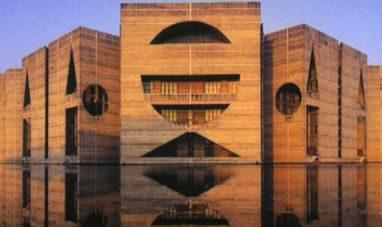

LOUIS KAHN
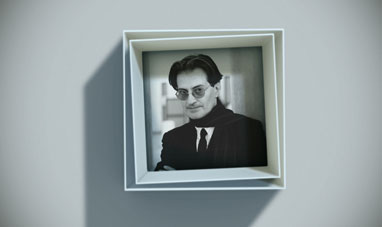

GIULIO PAOLINI
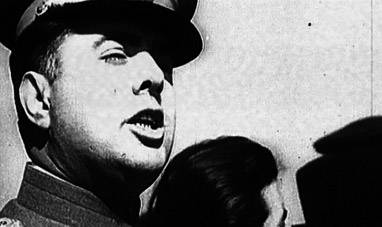

ENVER HOXHA
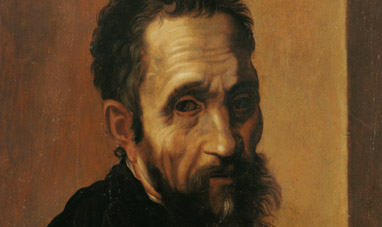

MICHELANGELO BUONARROTI
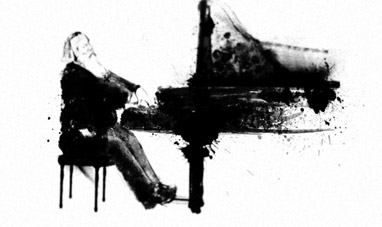

JOHANNES BRAHMS
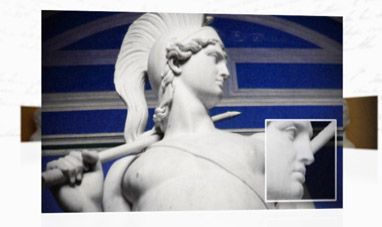

BERTEL THORVALDSEN
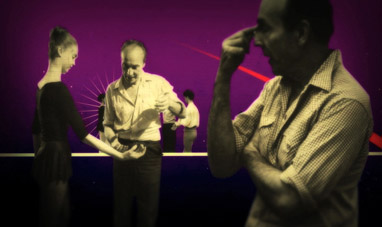

GEORGE BALANCHINE
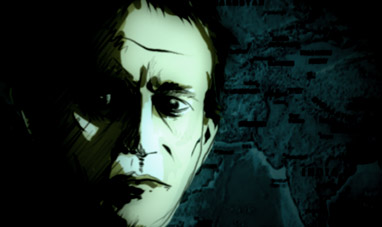

BRUCE CHATWIN
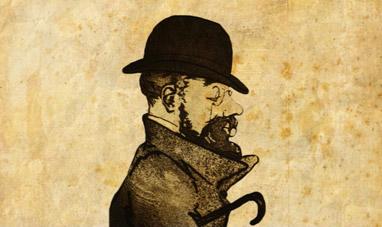

HENRI DE TOULOUSE-LAUTREC
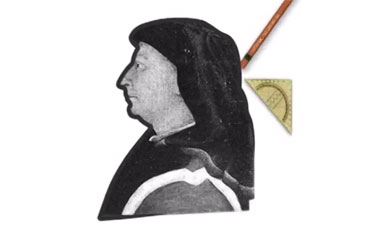

FILIPPO BRUNELLESCHI
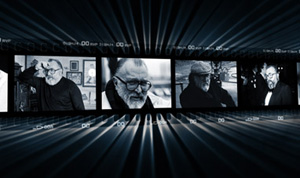

SERGIO LEONE
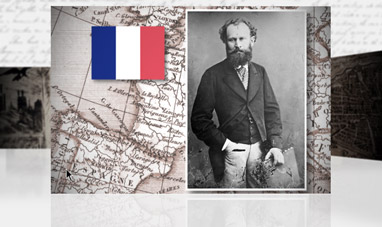

EDOUARD MANET
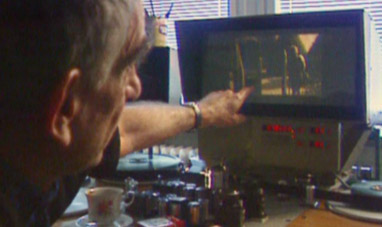

KRZYSZTOF KIELOWSKI
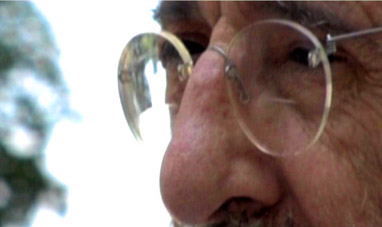

ÁLVARO SIZA VIEIRA


RITA HAYWORTH
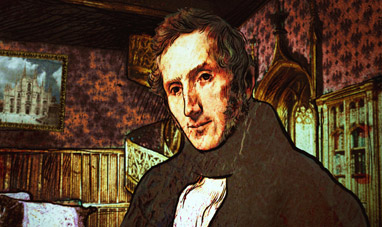

ALESSANDRO MANZONI
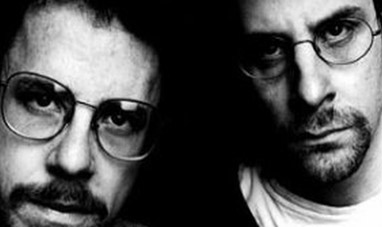

JOEL AND ETHAN COEN
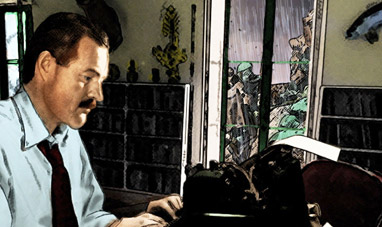

ERNEST HEMINGWAY
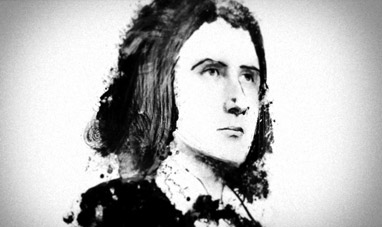

FRANZ LISZT
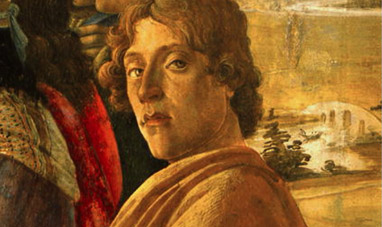

SANDRO BOTTICELLI
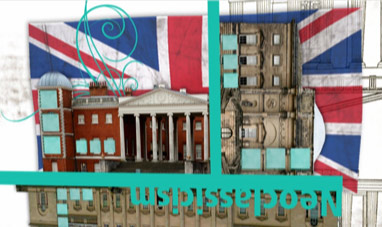

ROBERT ADAM


VITTORIO DE SICA
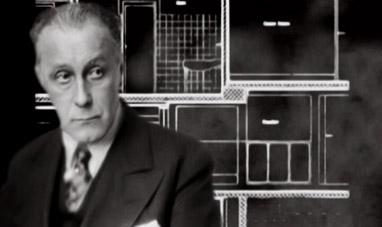

ADOLF LOOS
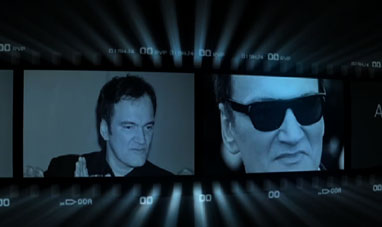

QUENTIN TARANTINO
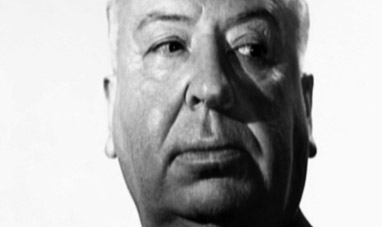

ALFRED HITCHCOCK
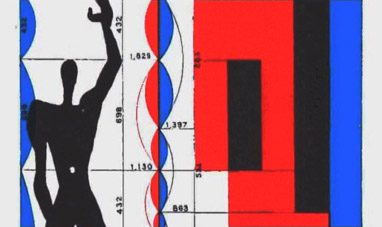

LE CORBUSIER
